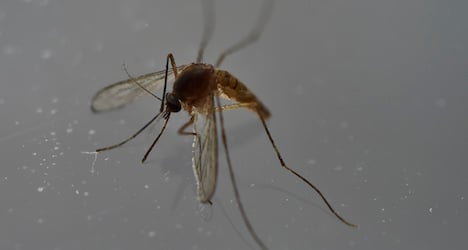After coming back to Austria, the expectant mother came down with a fever, joint pain and also suffered a rash. Her reported symptoms were consistent with Zika’s onset, which has allegedly spread beyond the point of origin of its most recent outbreak in South and Central America.
Confirmed by Austria’s Ministry of Health, their spokesman from the Department of Infectious Diseases, Bernhard Benka stated that the patient is currently under observation. The organization has reported 25 individual cases since the first was diagnosed in January of this year, yet this is the first which could affect an unborn child.
Infected pregnant women are most deeply affected by the virus due to its high risk of causing birth defects that are only detectable post-partum. The most severe effects cause the child to be born with a form of microcephaly, a syndrome denoted by an abnormally small skull, heavy cognitive impairment and other developmental issues.
Of the 13 Austrian women and 12 Austrian men who came back from holiday in locations ranging from the Caribbean to southern Central America to Bali, all diagnosed national cases have so far been successfully treated. However, the ministry has warned that the virus is still spreadable as an STD and recommends that men who have visited any of the affected areas make sure to use protection for up to six months after their return.
Professor Dr. Herwig Kollaritisch from the Institute of Tropical Medicine at the Medical University of Vienna told Salzburger Nachrichten that the chances of a Zika epidemic occurring in Austria are slim. “This country doesn’t have any mosquitoes that would spread the virus.” Conditions for it to spread via sexual transmission are also too insufficient to cause concern.



 Please whitelist us to continue reading.
Please whitelist us to continue reading.